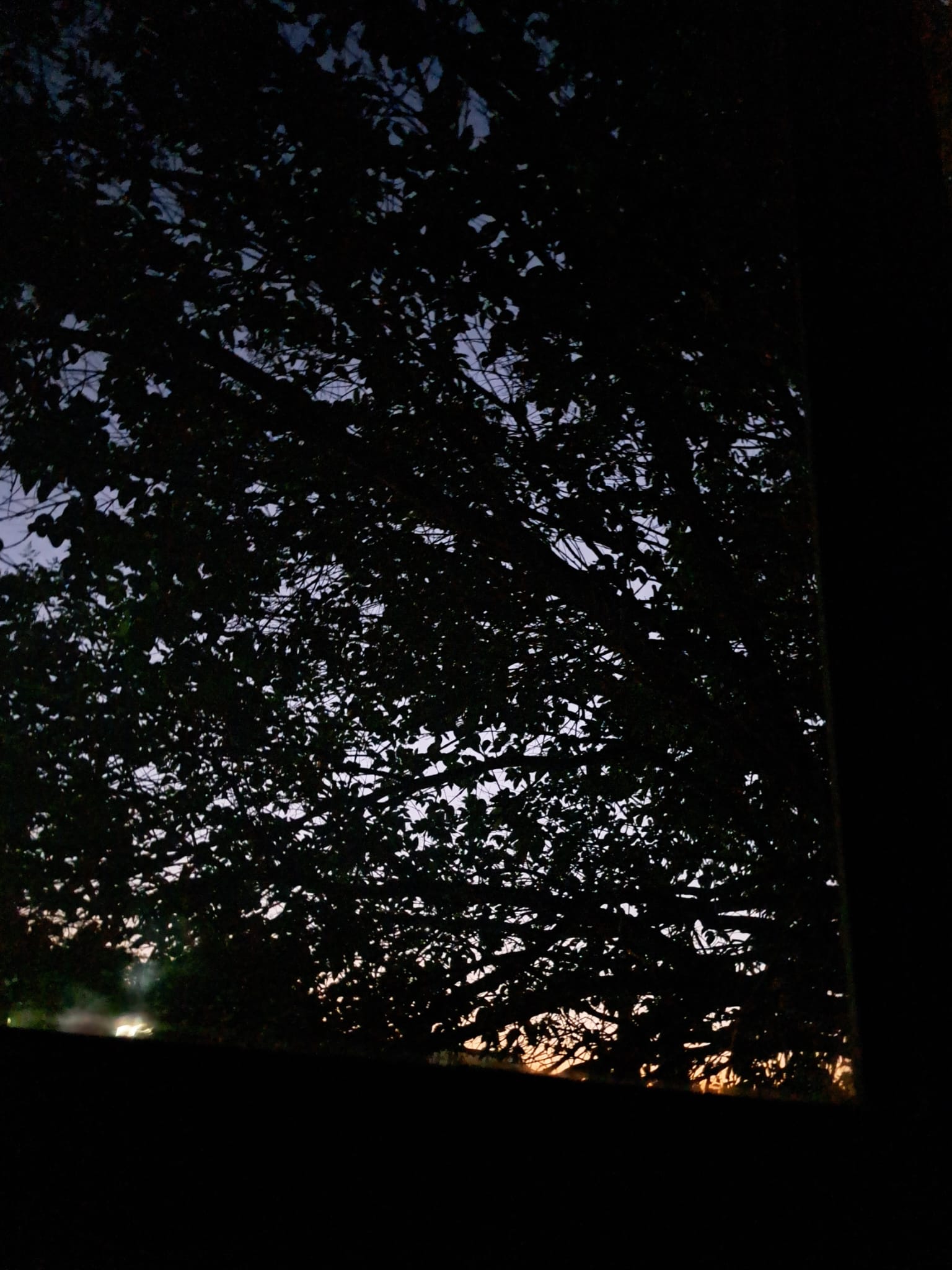by Corry Shores
[Search Blog Here. Index-tags are found on the bottom of the left column.]
[Central Entry Directory]
[Primitivism, Entry Directory]
[Shepard, Coming Home to the Pleistocene, Entry Directory]
In our DNA is the wildness that proscribes the limits of a workable physiology as well as a competent culture. Having been generated for over two million years, our wildness requires the taking of life and the eating of flesh of animals as well as fruits and seeds. Life feeds by death-dealing (and death-receiving). The way "out" of the dilemma is into it, a way pioneered for us in the play of sacred trophism, the gamble of sacramental gastronomy, central myths of gifts and chance, the religious context of eating in which the rules are knowing the wild forms who are the game -- and being part of the game. You cannot sit out the game except at the cost of health. (146a, emphasis mine)
earth shrines, sacred forests, springs, and other places with their wild inhabitants have vanished, replaced often with temples or churches. These "new" architectural structures, often built over an earth shrine and incorporating some of the "old" building materials within them, are often recognizably specific to a certain religion, demonstrating the portability and cosmopolitan nature of that particular religion. (146bc)
nature is so complex that when a correlative of wildness was seen in fluid dynamics, the dismayed physicists cried "Chaos!" The fashionable topic of Chaos represents modern science's consternation with its attempt to "tame" the world: its one-factor approach cannot predict in a world of irreducible variables. Where today's molecules of vapor may be tomorrow at noon no one can say, but not because of the disorder associated with the word "chaos." The attempt to analyze by reduction merely opens an endless series of scales, or "fractal" horizons. It turns out that the closer you look at the edges of things the more they mimic the incredible diversity apparent without magnification. (146-147, emphasis mine)
The error is comparable to thinking that a circle is really made up of a very large number of tiny straight lines that would be obvious if only we could magnify it enough. Naturalists knew all along that the world was not chaotic. As genetic mapping inches forward, sometime in the next century the resonance of the two ecologies -- the biome and the genome -- will be perceived as the key isthmus in the pursuit of human health. The physical sciences will have finally discovered what people already knew, probably for fifty thousand years, that nature cannot be simplified by looking closer and that isolated components have very little value in understanding or prediction. By showing that complexity has limitless dimensions, "the new mathematics of fractal geometry has brought hard science in tune with the peculiarly modern feeling for untamed, uncivilized, undomesticated nature," says James Gleick. (147b)




.jpg)





































No comments:
Post a Comment